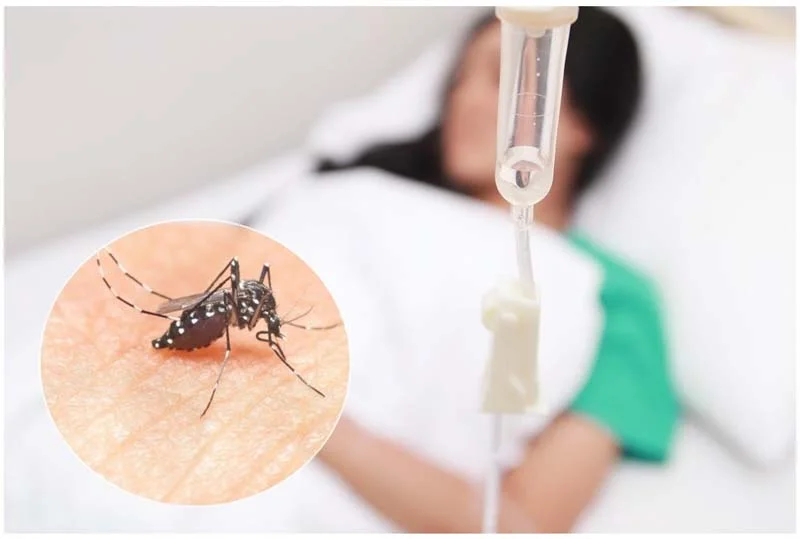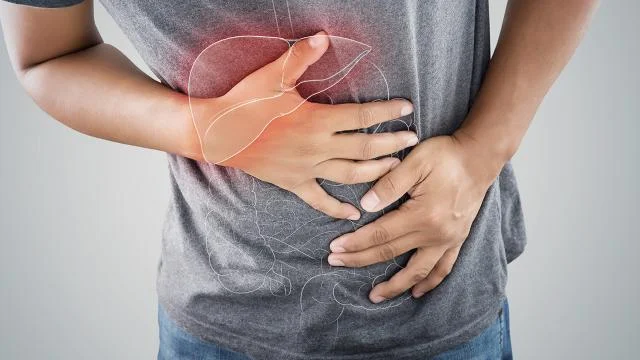If health and physical wellbeing wasn’t on the forefront of your mind before, a couple years of a global pandemic may have changed that. Regardless, staying fit and healthy is of paramount importance. Getting sick in your home country is one thing, but it can be a bit more unnerving dealing with a health issue in an unfamiliar land. While we’ll all get some kind of illness at some point, a little bit of prevention can go a long way in avoiding future issues.

Dengue hemorrhagic fever Cr :www.tht.co.th
A plethora of diseases prevalent in Thailand can be attributed to the tropical climate. As anyone who has spent time in Thailand will know, most parts of the country are home to a healthy mosquito population. As is the case with many tropical regions around the world, with these obnoxious insects comes mosquito-borne diseases like malaria and dengue fever. Fortunately there is almost no risk of contracting malaria in Phuket anymore with most cases of this disease being contracted in the northern border regions of the country. However, dengue fever is certainly a concern on the island with outbreaks occurring every 1-2 years. The symptoms of dengue fever are severe flu-like symptoms and painful soreness in the joints which lends to its nickname of “breakbone disease”. The symptoms can be similar to COVID19 which may create confusion amongst those infected. There is no cure and the only relief is to try and treat the symptoms. The best way to avoid dengue is to avoid being bitten by mosquitoes, which is easier said than done. The type of mosquito that spreads dengue are the small ones that are mostly active in the morning and evening. Using mosquito repellent, covering up exposed skin, and eliminating standing water where mosquitoes can breed is the best action to take.

Hepatitis A and B Cr: thairath.co.th
Another prevalent disease in Thailand is both hepatitis A and B. Both of these cause serious liver problems and are passed from person-to-person. There are vaccines for both of these diseases which are long-lasting and very effective. Those without the vaccine can contract these diseases from things like unscreened blood transfusions, shared razors or medical equipment, unprotected sex, and exposure to unsanitary conditions (like the highly polluted water found in some drainage canals around Phuket).
Another serious and underreported disease common in Phuket is HIV/AIDS. Phuket has the third highest infection rate in the entire country with Patong being a hotspot for transmission. Despite prostitution being technically illegal in Thailand, estimates put the number at nearly one million sex workers across the country. It’s no secret that Thailand is a prominent destination for sex tourists and Phuket is no exception. While abstinence is naturally the most effective way of avoiding HIV/AIDS, avoiding sex with strangers and using condoms are the next best things.
It’s common for visitors to Thailand from western countries to be concerned about the cleanliness of the water. In Phuket you may hear anecdotal accounts claiming that the tap water is ok to drink. If tap water comes from the municipal supply, it has not been treated, may contain harmful bacteria, and should not be consumed without filtration. However, many houses in Phuket have well water, and while some wells may not contain harmful bacteria they likely have unsafe levels of minerals and metals. Multi-stage filtration units are readily available, easy to install, and safe and effective. It’s likely safer to use one of these systems opposed to continually drinking bottled water both from an environmental standpoint and the fact that chemicals from the plastic bottle itself leach into the water. In most areas of Phuket it is possible to have large 20 liter bottles of filtered water delivered to your door, usually for 10 baht per bottle.